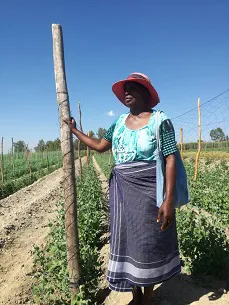 Smallholder farmers in Zimbabwe benefit from the space that opened up in the export pea sector as large-scale commercial farmers in Zimbabwe switched to blueberries.
Smallholder farmers in Zimbabwe benefit from the space that opened up in the export pea sector as large-scale commercial farmers in Zimbabwe switched to blueberries.
Right: Memory Gonye, a smallholder farmer who now also grows export peas
Zimbabwean pea exporters are unable to meet the demand for peas from the UK and The Netherlands this season, which is why now would be a propitious time to open a vegetable packing facility to pack the export and local product of smallholder farmers.
In fact, the largest export packing facility in Southern Zimbabwe and arguably the largest packing facility for small holder export growers in the country, according to Emmanuel D.N Dube, an agronomist and Agricultural Value Chains Coordinator at Technoserve, will open 350km from Harare near Chachacha growth point at the end of June or beginning July 2023.
Anglo-American, which aims to “re-imagine” mining at their Unki platinum mine in Zimbabwe’s Midlands Province, funds the Takura project. For this purpose, the company contracted Technoserve as its implementing partner to upscale the activities of existing smallholder farmers in mining communities within the mine’s zone of influence.
"We always try to keep as much wild vegetation around the project as we can. We have a policy to try and reduce deforestation as much as possible. In addition we support all beneficiaries to plant trees around their fields / irrigation schemes for sustainability purposes," Emmanuel adds.
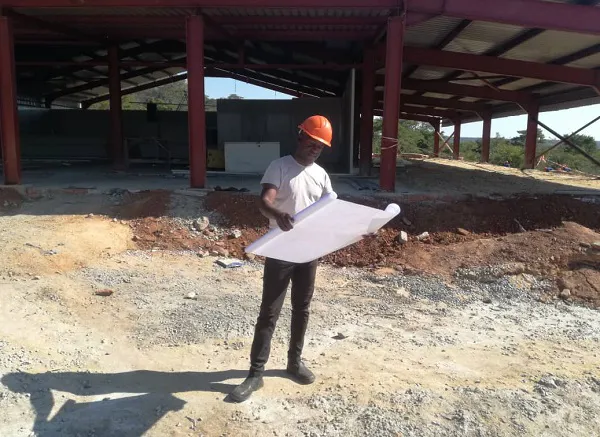 Emmanuel DN Dube of TechnoServe at the site where one of Zimbabwe's largest packing facilities is taking shape
Emmanuel DN Dube of TechnoServe at the site where one of Zimbabwe's largest packing facilities is taking shape
High energy prices in Europe stoke demand for Zimbabwean veg
Around 300 smallholder growers who used to grow maize (corn), cabbage, tomatoes and onions for local production, now in addition grow mangetout and sugar snap peas for export, with fine beans, chillies and baby corn possibly added next summer.
“A very big gap has opened in the pea export sector which represents an opportunity for small scale farmers to get into the export markets,” Emmanuel observes. “Currently we’re unable to meet the demand.”
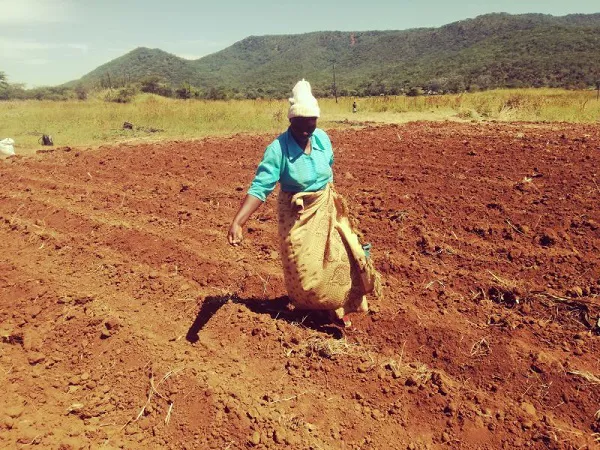
A farmer applies basal fertiliser ahead of sowing export peas
High energy prices in Europe have stimulated demand for Zimbabwean peas and once the Takura packhouse is finished, he says, the smallholder growers around it will be able to export directly.
The Technoserve technical team who have over 40 years’ cumulative experience are responsible for the horticultural division of the project which, when this packhouse is finished, will be able to supply directly to clients in the UK and Europe.
"We are looking for new markets"
The project encompasses seven irrigation schemes, some of whom benefit from load shedding exemption granted to winter wheat production in the same area.
Emmanuel remarks that electricity supply in Zimbabwe, even though they too have had loadshedding for many years, is “way better” than in South Africa.
“We are looking for new markets to absorb product from smalllholder farmers. We can grow a wide range of crops apart from peas, like fine beans, sweetcorn, chillies, passionfruit, baby vegetables, depending on the market. We have a beautiful climate here in Zimbabwe and we try as much as possible to own the value chain.”
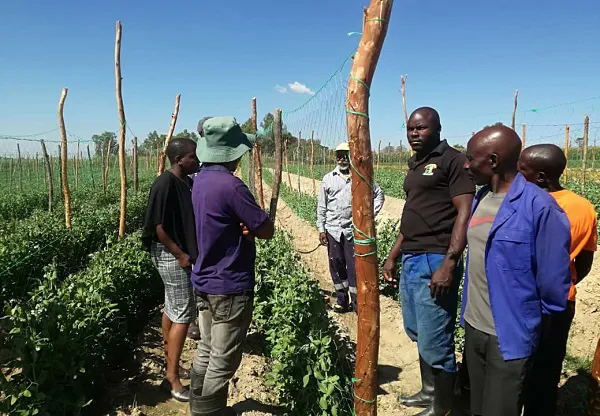
Exports quintuple households’ income
He points out that export earnings from a piece of land as small as 0.05 hectare the economic outlook of a household is drastically changed.
He explains that through exports, a small-scale grower can earn easily five times more than before and the new packhouse will increase the returns even more.
“We’ve had very good success stories. One farmer Mr Tatenda Gonye from Gonye irrigation scheme, who is a beneficiary of the project, told me he was now able to send his daughter to university from the earnings gained from exporting peas.”
The project’s infrastructure remains in possession of the community when Technoserve or Anglo American withdraw through its ownership by the Takura Trust in which communities are directly represented.
Emmanuel notes that Harare is still the destination for airfreight produce. Maputo has “huge potential” as an alternative to sea freight exports through South Africa’s ports.
“It would cut down in distance and costs. The road network from Windhoek in Namibia, running through Zimbabwe all the way to Maputo is very good. It is one of the best road networks in the country, funded by the Southern African Development Community and privately maintained,” he says.
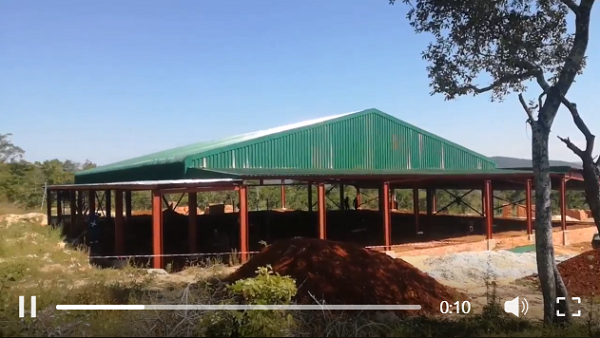
 For more information:
For more information:
William Zirebwa
Technoserve Country Director
Tel: +263 78 2350891
Email: wzirebwa@tns.org
https://www.technoserve.org/our-work/projects/anglo-takura-agricultural-value-chains-farmers/
